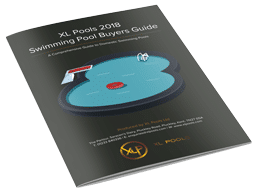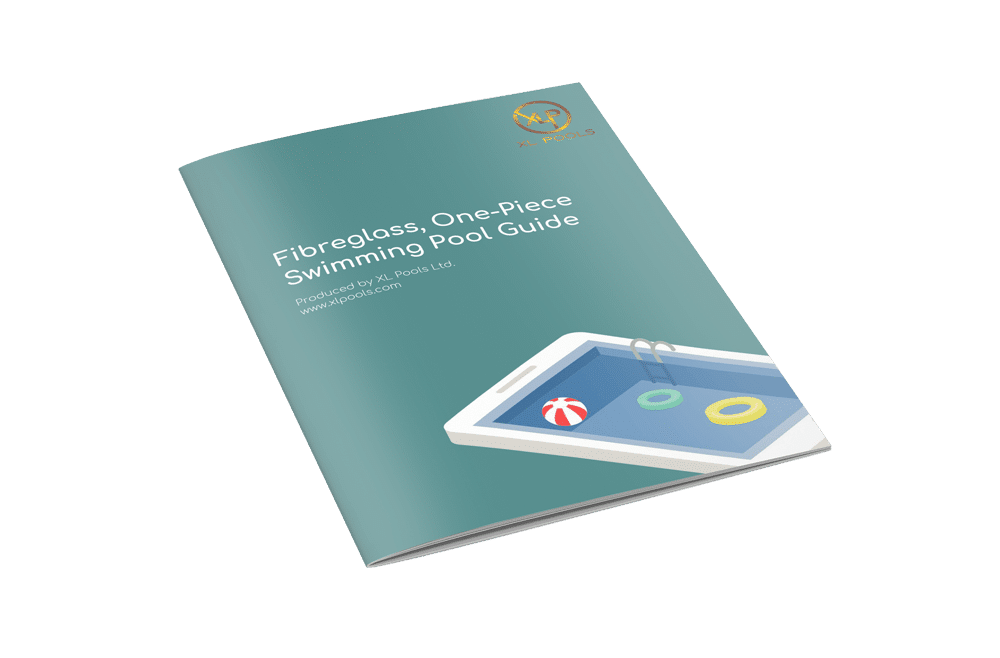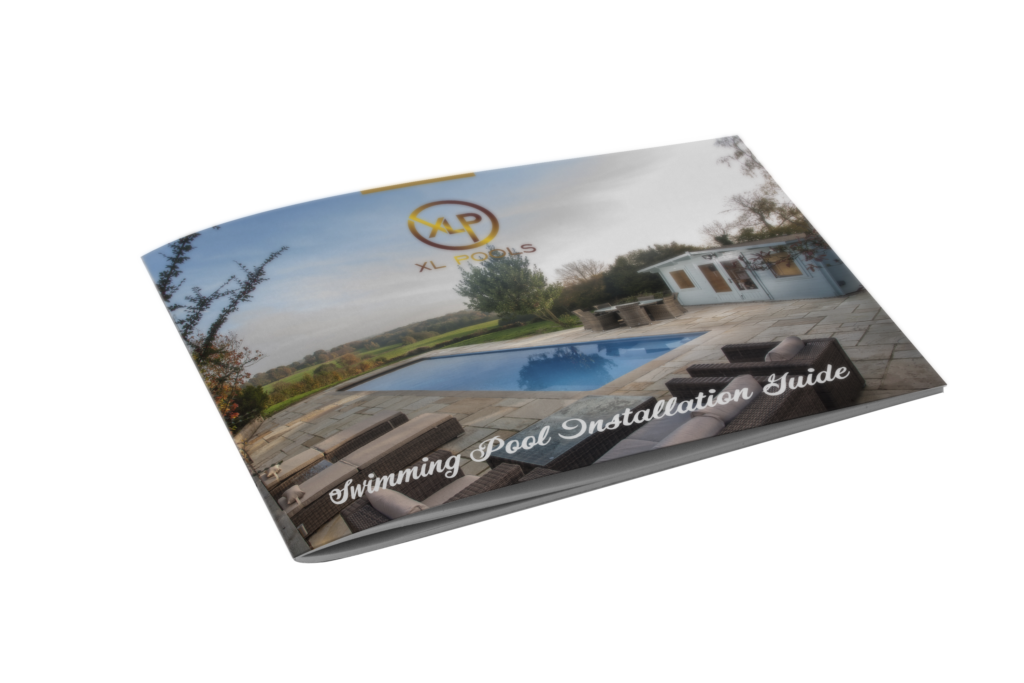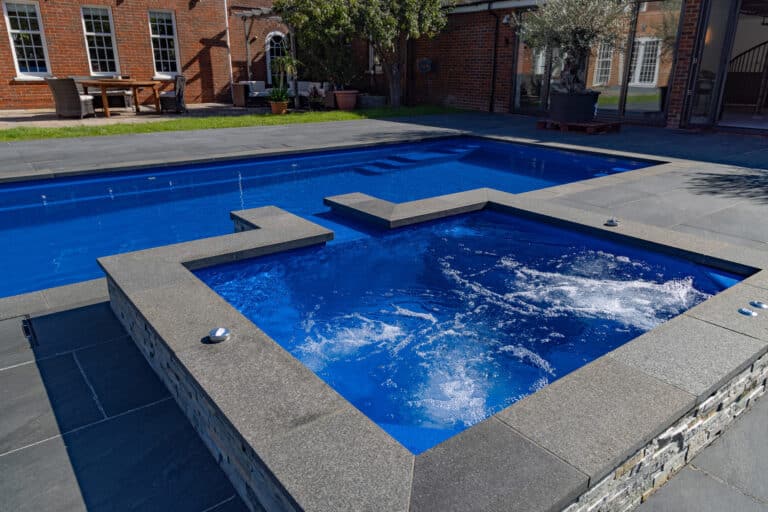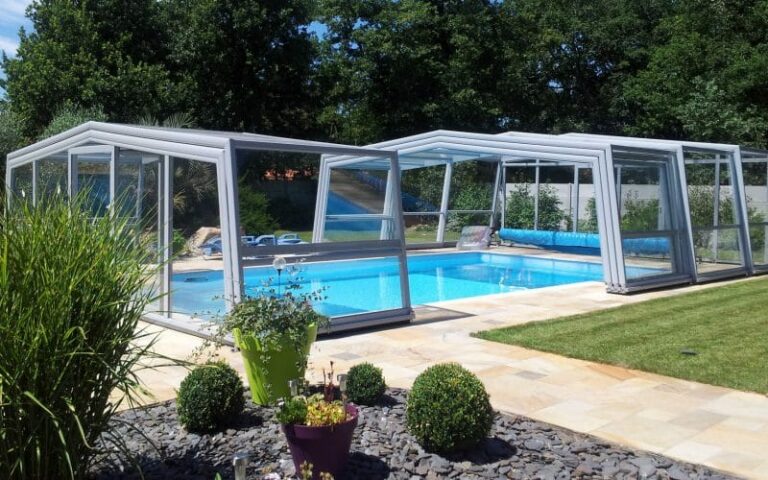Annual Maintenance Costs For Your Pool
Having a swimming pool installed on your property, either inside or outside, is a huge investment. Once you’ve paid all that money for your dream swimming experience in your own home, you’ll want to keep it running well and in good condition. Like most things, your pool needs regular care and maintenance to ensure that it lasts. You need to make regular checks to make sure the structure of the pool is safe, the water is clean and healthy, and that the air and water systems are working correctly and efficiently.
Here we aim to give you a guide to what needs to be done on a regular basis, and what the associated costs may be. This is separate to the running costs for the pool – electricity for heating, lighting and more. Depending on the size, construction and location of your pool, you’ll have differing needs, so if you’re not sure what maintenance is required for your specific swimming pool, consult an expert who’ll be able to guide you.
Cleaning
This one is obvious! On an outdoor pool, you’re prone to leaves and other outside debris falling into the pool, so you need to skim out what’s visible, preferably daily. You’ll also need to clean the filters, along with vacuuming the floor and surrounds of the pool, using a special pool vacuum. Inside pools still need to be cleaned like this too. Of course you can do all this yourself to keep costs down, however lots of people opt to have a pool cleaner do it for them, as it can be quite labour intensive. Depending on your area, the cost for this may be in the region of £75 a time. The pool engineer will clean and service the swimming pool, including checking and maintaining the chemical levels of your water. You can set up a plan to have this done weekly, fortnightly, monthly, or whenever you require. Doing some of the work yourself and skimming the pool frequently will minimise how often you need to have a full deep clean done. If you’re looking to invest in an automatic cleaner to clean the bottom of the pool either by suction using the pool filtration system or by electric, Kreepy Krauly, Baracuda and Dolphin are all good brands to look out for.
Chemicals
Another unavoidable cost of having a pool is the chemicals to keep your water clean, healthy and safe to swim in. You’ll need to buy a testing kit to measure things like the chlorine levels, the pH level, water hardness and the level of cyanuric acid. These kits can be as simple as dip strips which cost just a few pounds each, and come with a colour chart so you can work out your levels, or for greater accuracy your could spend £50 – £200 and invest in a digital tester. You’ll need a supply of pool chemicals, and by measuring the existing levels, you’ll know how much to add. Typically, chemicals for a season on an average sized pool will cost in the region of £300. Popular brands include Relax, Sunspot and if only the very best will do, Fi Chlor.
Chlorine is the most common pool disinfecting agent, available in liquid, granular or tablet form. Pool chlorine often comes with a stabilising agent, typically cyanuric acid, already included, which helps to prevent the chlorine degrading. Your pool’s pH level should ideally be 7.2 – 7.8. If the water is too acidic, you need to add sodium carbonate or sodium bicarbonate to raise the pH. To lower it, you need to add muriatic acid or sodium bisulfate.
Opening and Closing
Commissioning your pool (opening it in preparation for the summer swimming season), involves reconnecting the heater, pumps and chemical feeders, which will have been disconnected for the winter, cleaning and refilling the pool, checking all the chemical levels and allowing these to stabilise before it’s ready to use. If you want a professional to open or close your pool for the season, expect it to cost around £150, excluding chemicals.

